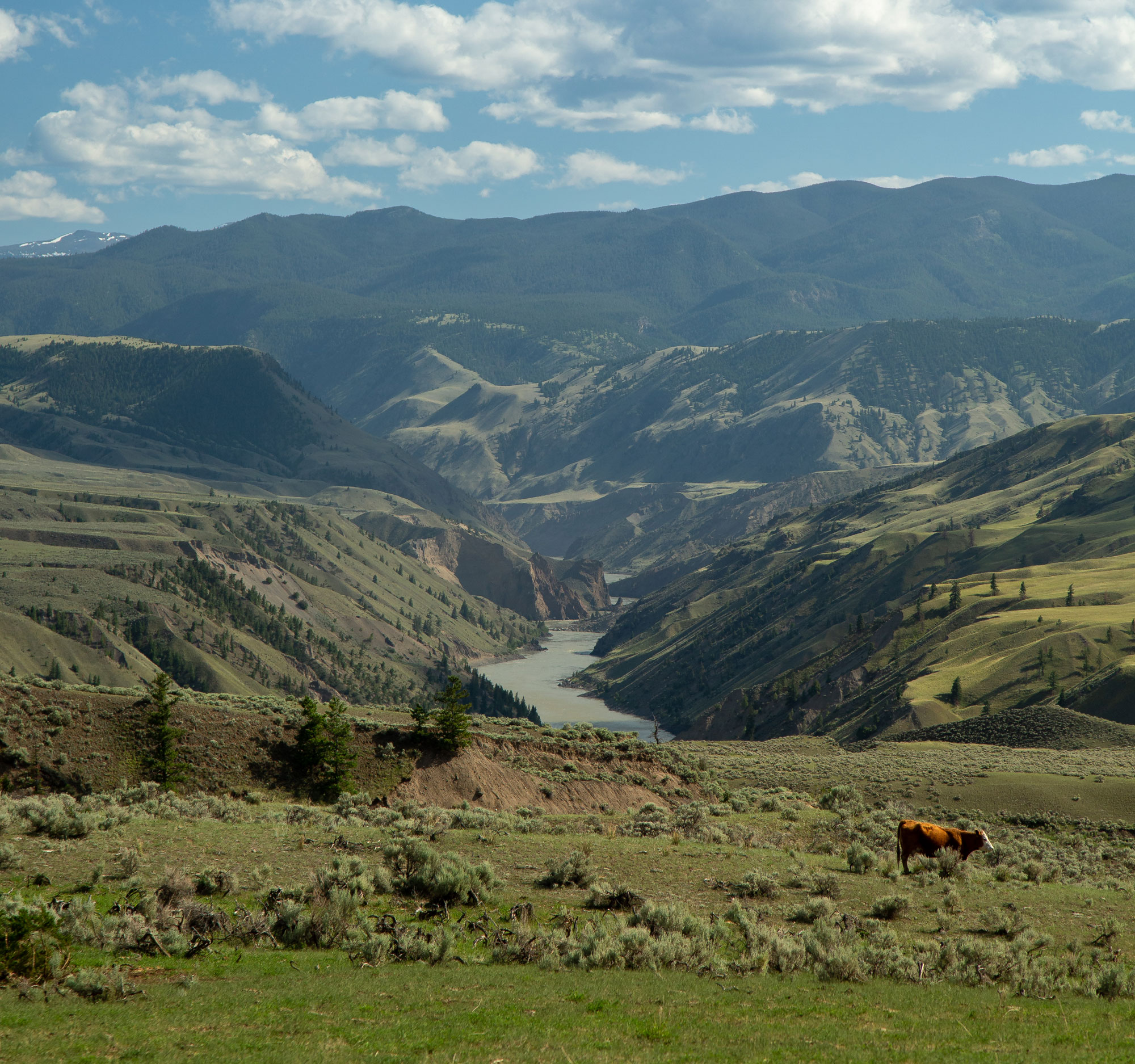Forest encroachment drivers and dynamics in Churn Creek Protected Area

Effects from wildfire and climate change are being seen around the world. Ecologically, fire is beneficial for the landscape, but with the build-up of fuels and increasingly extreme fire weather these effects are going beyond what is healthy for ecosystems. Historically, grassland-forest ecotones were dominated by mixed severity high frequency fires. Now, grasslands are increasingly at risk from encroachment due to conifer infilling which can lead to decreases in biodiversity, and increases in habitat loss. With the increase in fuels, these areas are also at risk from high severity wildfire; the Churn Creek Protected Area (CCPA) in British Columbia (BC) provides a case study documenting this. Colonial fire suppression has changed the fire regime to one where less frequent and more severe fire affects this ecosystem. Fuels build up changes the characteristics of a healthy ecotone to one that is vulnerable and less resilient to wildfire. This study aims to show how effectively managing these ecosystems can limit impacts from climate change, wildfire, and drought while also improving habitat for flora and fauna alike. This research will look at ecological effects on understory plant communities from prescribed fire and mechanical tree removal, non-native vegetative species invasion, and the drivers behind why encroachment is occurring in this ecosystem.
This research aims to support the claim that re-introducing low severity high frequency fire onto the landscape is beneficial for mitigating encroachment, sustaining native grasses, and creating fire resilient forests in the CCPA, and therefore other grasslands of interior BC.
Researchers
Principal investigators
- Dr. Jill Harvey, Canada Research Chair in Fire Ecology and Assistant Professor (Natural Resource Science)
Students
- Andrea Robinson, Graduate Student, Master of Science in Environmental Science
- Leah Nash, Undergraduate Student, Natural Resource Science
News
Globe and Mail, August 2023: As Canada’s boreal forests burn again and again, they won’t grow back the same way
Podcast: Strengthening Canada’s Climate-Driven Wildfire Defence
Other links or additional info
Churn Creek Protected Area Instagram field trip reel
